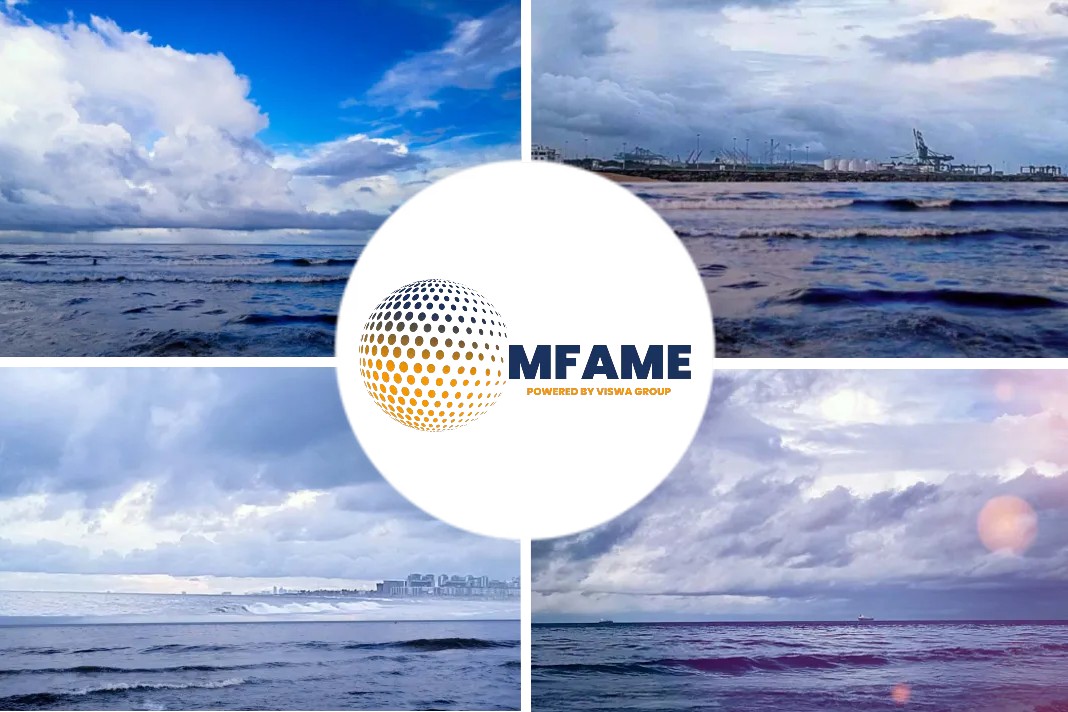- Solstad Offshore has turned to the technology group Wärtsilä for collaboration.
- The agreement aims to identify, evaluate, and implement solutions that will increase fuel efficiency and significantly reduce greenhouse gas (GHG) emissions.
- Wärtsilä has industry-leading experience in developing and introducing new, environmentally friendly energy solutions for the maritime sector.
In its efforts to reduce the carbon footprint of its 90 vessel fleet, Solstad Offshore has turned to the technology group Wärtsilä for collaboration, says an article published on their website.
Collaboration of Wärtsilä & Solstad Offshore
The aim is to achieve a 50 percent reduction in CO2 emissions by 2030. Partnership is seen as being key to finding the right solutions.
The agreement aims to identify, evaluate, and implement solutions that will increase fuel efficiency and significantly reduce greenhouse gas (GHG) emissions from Solstad’s offshore vessels.
Wärtsilä will initially be an advisor and technical expert to Solstad. The agreement also allows the company to act as a possible supplier for the decarbonisation solutions selected.
Each vessel will be assessed for appropriate solutions, possible operational improvements and life extension considerations. The company hopes to reach full carbon neutrality by 2050.
“Cooperation is essential if we are to implement the solutions needed to succeed with the green shift that is underway. For this reason, we at Solstad are partnering with forward-looking companies such as Wärtsilä who have the expertise, experience, and innovative technologies required,” says Tor Inge Dale, Head of Sustainability at Solstad Offshore.
“Solstad has a clear and ambitious strategy to become the owner and operator of the industry’s greenest fleet of vessels. We are happy and proud to have been selected to collaborate in this major decarbonisation project. Since no single solution will be relevant to every ship, by working together we intend to find what works best and most efficiently on a case-by-case basis. We see this as a blueprint for achieving the best possible results,” adds Cato Esperø, Head of Sales, Wärtsilä Norway.
Solstad Green Operations
Solstad has worked systematically to reduce emissions since 2009, both through operational measures (Solstad Green Operations), and technical upgrades. These have so far resulted in average fuel consumption per vessel being reduced by more than 20 percent.
The further reduction to 50 percent is expected to be reached by optimising energy efficiencies, and by retrofitting the vessels to operate with alternative fuels such as hydrogen, ammonia, and methanol. Additionally, new ship designs must be capable of offering low or zero emissions from the outset.
Wärtsilä eco- friendly energy solutions
Wärtsilä has industry-leading experience in developing and introducing new, environmentally friendly energy solutions for the maritime sector. Some 30 years ago, the company pioneered the use of LNG as a viable marine fuel, which has since been widely adopted.
The company has established itself as a pioneer in the testing of ammonia as a fuel for both marine engines and fuel cells. Wärtsilä has created a world first by successfully operating a combustion engine on a fuel mix with 70 percent ammonia content. It is currently developing capabilities to use even higher proportions of the fuel.
As a major participant in the EU’s ShipFC project, Wärtsilä is contributing to the development of the world’s first emissions-free offshore vessel operating with an ammonia-powered fuel cell.
Furthermore, in 2021 Wärtsilä was awarded ‘Best of What’s New’ recognition in the engineering category by Popular Science magazine for its work within the MS Green Ammonia project. This new vessel concept will both transport and be fuelled by green ammonia.
“It is too early to determine which solutions will prove to be the most appropriate for meeting the GHG emission reductions envisioned by Solstad. However, it is extremely likely that future propulsion solutions operating with new alternative fuels, such as ammonia and/or methanol, will be key enablers as these fuels become widely available for bunkering,” says Roy H. Stavland, Senior Sales Manager at Wärtsilä.
Did you subscribe to our daily newsletter?
It’s Free! Click here to Subscribe!
Source: wartsila

















